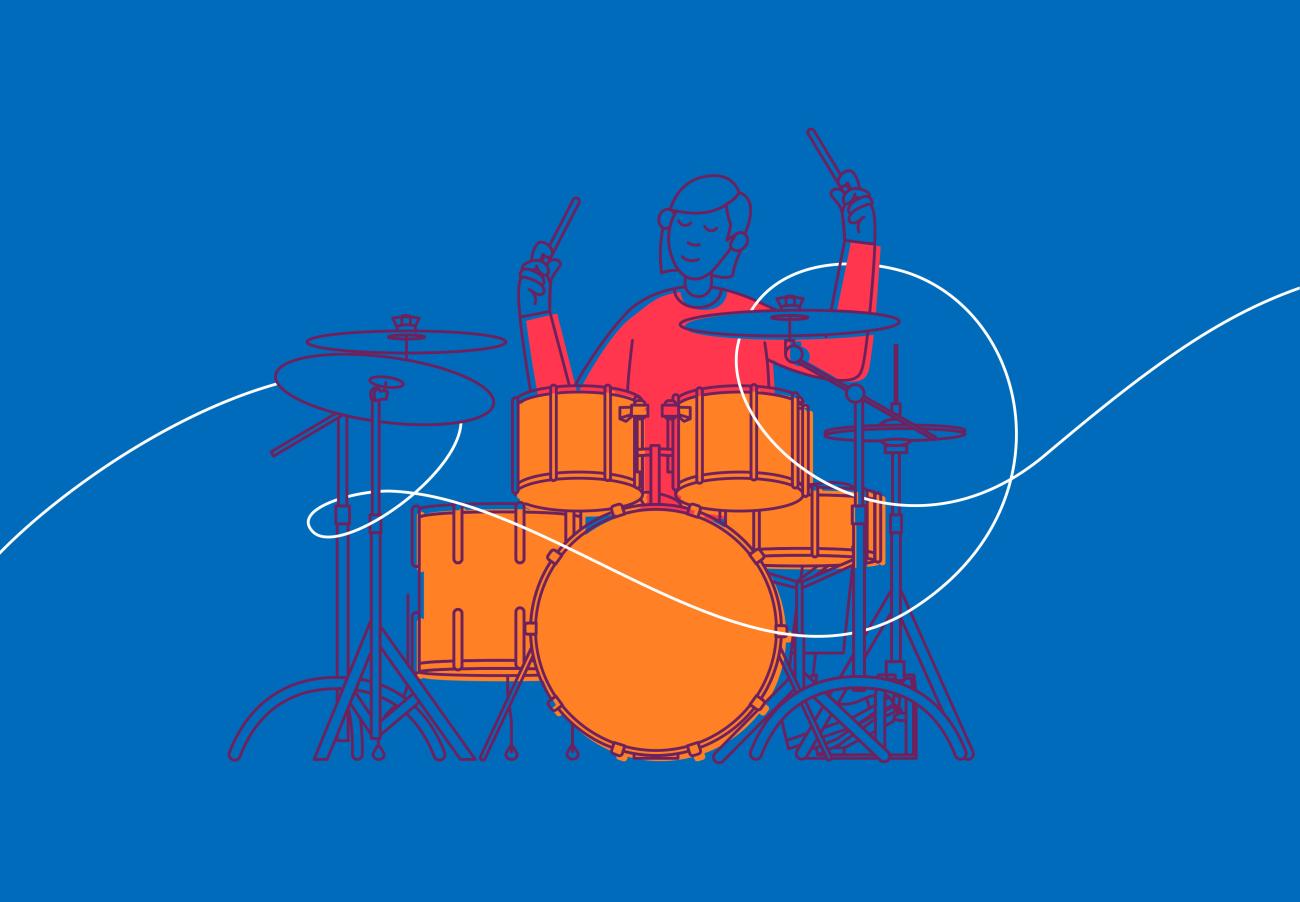Why theory? Molly identifies musical misconceptions

Learning about music theory can help performers at all levels to get the most from their music making. We asked some of our ABRSM scholars, studying at our partner Royal Schools, to tell us what music theory means to them and share some tips. In the first of a short series we hear from Molly.
Let’s start easy - what’s your name and what country are you from?
I’m Molly and I am from England.
What are you studying?
I’m studying the Oboe.
How has music theory helped you along your musical journey?
The more I have studied theory, the more I have been able to grasp what the composer intended. Whilst there is still room to express the music in the way we each interpret it, it is our job as performers to be fair to what the composer wanted - the Rite of Spring wouldn’t be the same if it was all very quiet and legato! If we don’t understand the reason the composer may have chosen to write what they did, then it won’t be a good representation of their vision.
What are some common misconceptions about music theory and why do you think it’s important to study it?
If music is a language, then theory is the grammar. A good understanding is essential in being able to communicate effectively. For example, if we didn’t understand word order, we could have a sentence meaning a totally different thing – ‘a cow is leading the farmer’ rather than ‘the farmer is leading a cow’! As grammar becomes ingrained in us from a young age, it isn’t something we have to consciously think about as over time it has become natural. Conversations wouldn’t flow if were having to think about it! So, the more we study theory, the more it becomes natural to us, and the less time we must spend thinking about it, which lets the music flow.
I was quite a stubborn child! I used to hate theory as I thought it was boring and a waste of time; how would studying chords help me, I just blow down my oboe and play what’s on the page?! However, understanding how chords function is important in being able to express the music. When there is a chord that we weren’t expecting, there is an element of surprise. If we don’t understand this because we don’t have the theoretical knowledge, and are simply playing what’s on the page, then we might play it rather unsurprisingly, which would be a boring performance! Again, theory is essential in being able to communicate effectively.
What’s your favourite thing about music theory?
My favourite thing about music theory is being able to see how music has changed over time. There is a huge difference between Bach’s Baroque music and Schoenberg’s 12-tone serialism. It always amazes me how with just 12 notes (western chromatic scale) there can be so much music. I find it exiting to think about where music can go next, and whether there will ever be a point where it can go no further!
Do you have any top tips for someone studying for a music theory exam?
Practise your theory knowledge in context. Take a piece of music you are working on and see how aspects of theory come into play, whether it be intervals, cadences or harmonic language. It’s a bit like a cake. Rarely, whilst eating a cake, do we think about every ingredient and the amounts that have gone into it. We only really think about if it tastes good or bad overall. However, if we didn’t understand what you need to put in the cake, and missed out the raising agent, it would be rather flat! So, whilst we may not be thinking about theory in detail when playing our pieces, instead focusing on the overall picture, we need to understand the theoretical elements that go into it. Theory needs to become rooted within us, so that we can understand it, without consciously thinking about it. Now go ace that exam! 😎
Finally, if you could be any musical term, what would you be and why?
I would probably be ad libitum (ad. lib), as I like to do my own thing, and not be told what to do!! #strongindependentwoman

